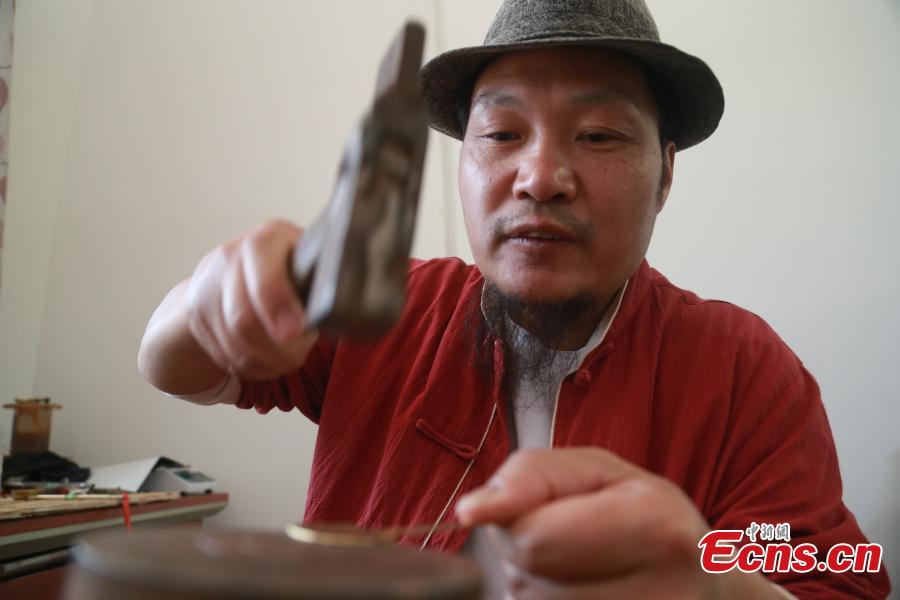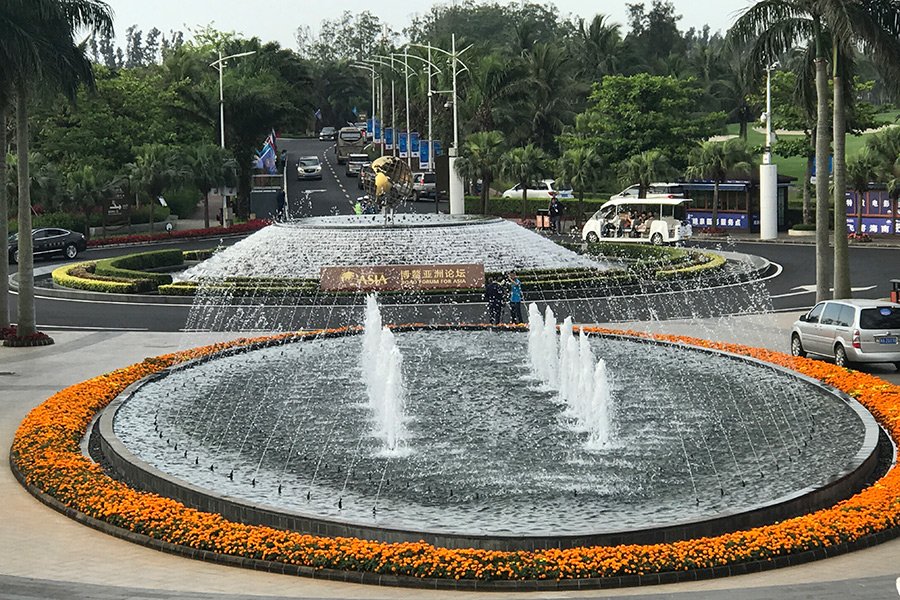Parkinson's disease ? a neurodegenerative disorder that worsens with time ? is turning into pandemic proportions as the global population ages. While medication for the condition is limited, China’s recent breakthrough in brain surgery is gaining popularity.
"Deep brain stimulation surgery (DBS) has become an important method to treat the patients who have Parkinson's disease at the middle and late stages," Li Luming, director of the national engineering laboratory for neural control under the Tsinghua University told Xinhua.
DBS implants electrodes into parts of the brain and connects them to a small electrical device implanted in the chest. More than 10,000 Chinese patients have received deep brain stimulation surgery since the first China-made brain pacemaker was implanted in a patient's brain in November 2009.
Last year, a medical team from the UK Brain Restoration Center, performed the first-ever DBS for a Parkinson’s disease patient at The First Affiliated Hospital of Zhengzhou University in Henan Province.
The second most common neurodegenerative disorder in the world
According to estimates, the prevalence of Parkinson's disease nearly doubled between 1990 and 2015, with more than 6.9 million people suffering from the disease.
The number is expected to nearly double again by 2040, with 14.2 million expected to suffer from the neurological disorder.
“Parkinson’s disease is second only to Alzheimer's as the most prevalent neurodegenerative disease,” maintains the Parkinson Foundation. The disease is caused by aging dopamine-producing neurons in the brain becoming impaired or dying, which causes movement disorders that affects sleep and memory.
Some of the primary symptoms of the disease include tremors mainly during resting, rigidity, postural imbalance, reduced eye blinking, and sleep problems. The disease affects about 50 percent more men than women.
James Parkinson, a London physician, provided the first extensive description of the neurological condition. World Parkinson's Day is observed to create awareness of the disease and mark the birthday of James Parkinson.
Medical community demands an effective health policy to deal with neurological disorders
“Neurological disorders are now the leading cause of disability in the world, and the fastest growing is Parkinson’s disease,” University of Rochester Medical Center neurologist, Ray Dorsey explained in a journal article.
Since Parkinson's disease is growing at a rapid rate, the medical community is advocating for effective policy and easy access to medication for patients.
Explaining the alarming situation, Dorsey added, “Pandemics are usually equated with infectious diseases like Zika, influenza, and HIV.” Experts are worried about the abysmally low awareness about various forms of neurological disorders, especially Parkinson's, which is leading to patients being ridiculed and stigmatized.
“For too long the Parkinson’s community has been too quiet on these issues,” said Dorsey. “Building on the AIDS community’s motto of ‘silence equals death,’ the Parkinson’s community should make their voices heard. The current and future burden of this debilitating disease depends upon their action.”


















































